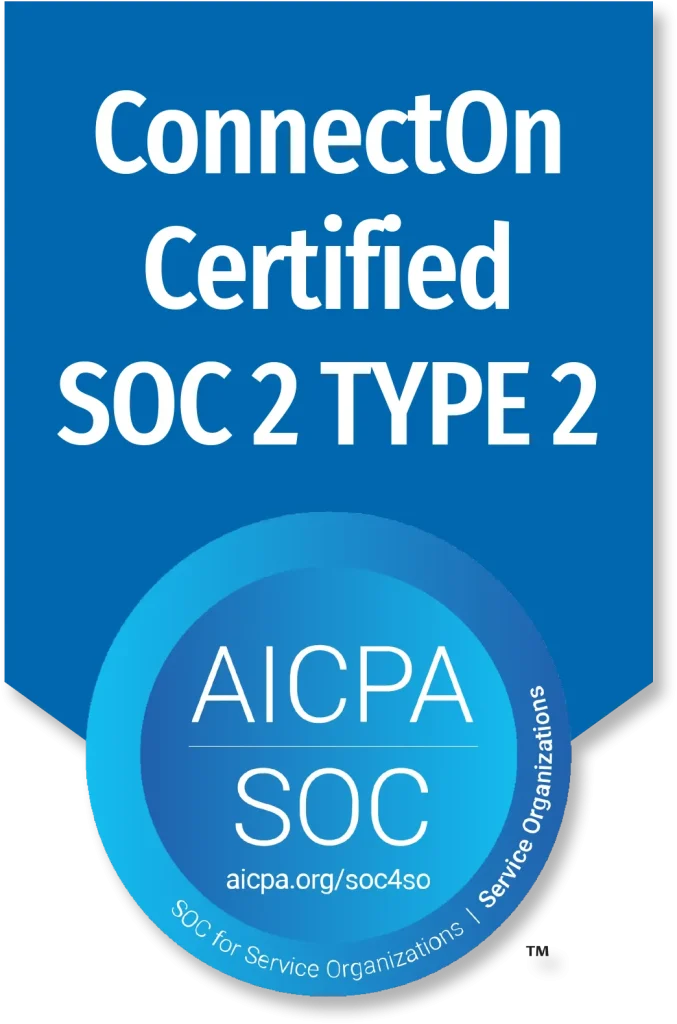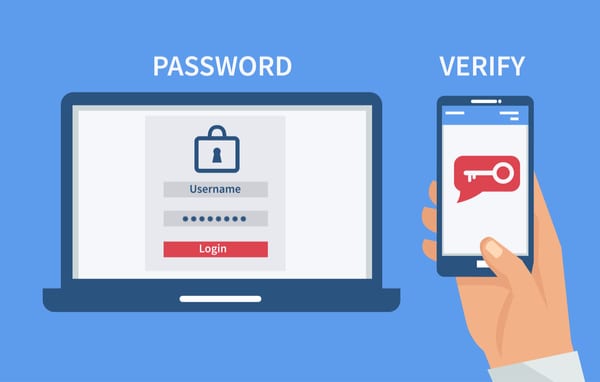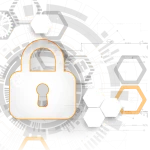Why do you need multi factor authentication?
Hacks, cyber-attacks, and major data breaches make headlines daily. Fortunately, most are preventable. One way to ensure the security of critical business systems and data is with multi-factor authentication (MFA). Although a strong, difficult to guess password is important, the presentation of multiple pieces of evidence is the best way to avoid compromised access.
Multi-factor authentication is just that, the presentation of more than one piece of validating evidence in order to access computer systems, networks, smartphones, and cloud-based solutions. The simple password form of authentication is not as effective when used by itself. Even with password complexity requirements, it is still possible for hackers to break in.
Multi-factor authentication typically covers multiple categories of information. These categories are:
- Something you know = a password, PIN number, mother’s maiden name.
- Something you have = security token, proximity tag, access card, mobile phone.
- Something you are = fingerprints, retinal scan, facial feature.
Companies dedicate large portions of their budgets to security products and services – antivirus tools, firewalls, vulnerability testing, and more. But, multi-factor authentication is often an overlooked piece of a comprehensive security protocol. Below are the top reasons why multi-factor authentication is an essential piece of a solid security policy:
- Growing field of intelligence – Hackers are getting smarter every day with new techniques used for key logging, phishing, wi-fi traffic monitoring, and brute force attacks.
- Hacking is a profession – Identity theft is the fastest growing and a very profitable crime.
- Targeted attacks – Large companies are in the headlines for security breaches, but smaller organizations are more commonly targeted.
- Client trust – Your clients expect their sensitive data to be protected.
- Compliance mandates – Protecting personal client data including credit card numbers, health information, and other personally identifiable information is a requirement of many compliance standards. Even if your organization is not bound by federal or state compliance mandates, ensuring client privacy must be a top priority.
The most common challenge that comes with implementing a multi-factor authentication protocol is organization support. A cultural change of any kind can be difficult, but managing additional layers of security, the cost of new technology, complex deployments, and technical gaps can make implementing MFA seem impossible. However, understanding the need for MFA and finding the right solution for your organization will minimize the challenges and help you improve security, user productivity, and improve customer satisfaction in the long term.
Intrusion is not 100% preventable, but MFA makes hijacking account information and identity more difficult for the hacker. Multi-factor authentication is a basic element of cyber-security that every organization can implement. Contact us today to discuss the proactive protection of your network, critical systems, and client data.



